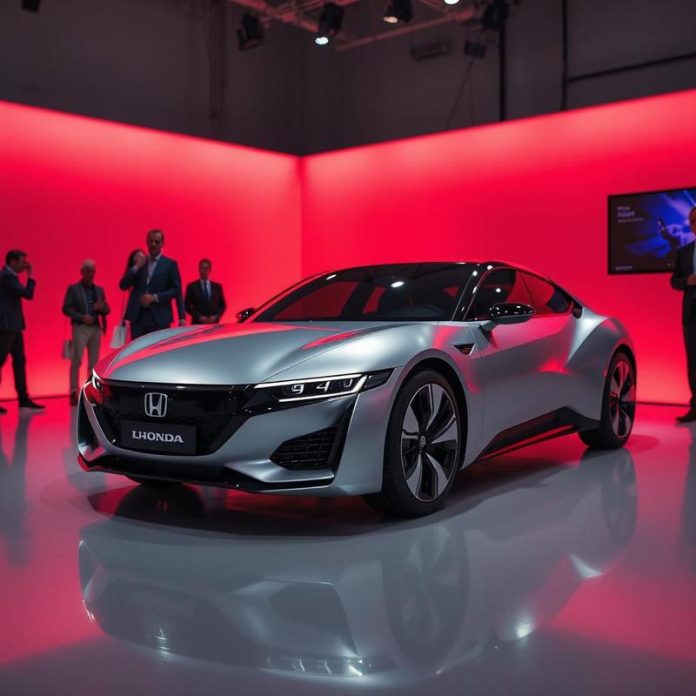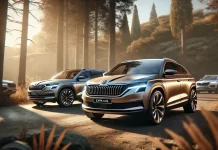Honda revolutionizes mobility: new hydrogen engine with triple the energy density and 50% lower costs
Technological leap in energy density
Energy density is a crucial parameter for fuel cells, as it determines how much energy can be stored and used per unit volume or weight. By increasing energy density, the range of hydrogen vehicles can be extended without increasing the size or weight of the storage system. Honda’s new technology has tripled this density, delivering greater range and greater efficiency.
Cost Reduction: A Step Toward Mass Marketing
One of the main barriers to the widespread adoption of fuel cells is the high cost of their production and maintenance. Honda has addressed this issue by halving the costs of previous generations of hydrogen systems. This significant reduction in emissions makes the technology more accessible to both manufacturers and consumers, bringing the auto industry one step closer to the transition to cleaner vehicles.
Honda’s Path to Hydrogen Innovation
Honda’s commitment to developing hydrogen vehicles is nothing new. Back in 1999, the company unveiled a prototype of the FCX, a fuel cell vehicle that has undergone several improvements over the years. In 2005, the FCX was redesigned with increased power and range, and in 2007, a production version was introduced with significant improvements in efficiency and performance. In 2016, Honda launched the Clarity Fuel Cell, strengthening its position in the hydrogen vehicle market.
Implications for the Future of Sustainable Mobility
Honda’s new hydrogen fuel cell technology could have a significant impact on the future of sustainable mobility. By increasing energy density and reducing costs, fuel cell vehicles are becoming a more viable solution for reducing greenhouse gas emissions and dependence on fossil fuels. Additionally, hydrogen offers fast refueling and a driving range comparable to traditional vehicles, overcoming some of the current limitations of battery electric vehicles.
Conclusion
Honda continues to demonstrate its commitment to innovation and environmental sustainability. The unveiling of this new hydrogen powertrain represents a significant step towards a future in which clean vehicles are the norm, not the exception. As energy density increases and costs fall, the path to cleaner and more sustainable mobility becomes increasingly achievable.











